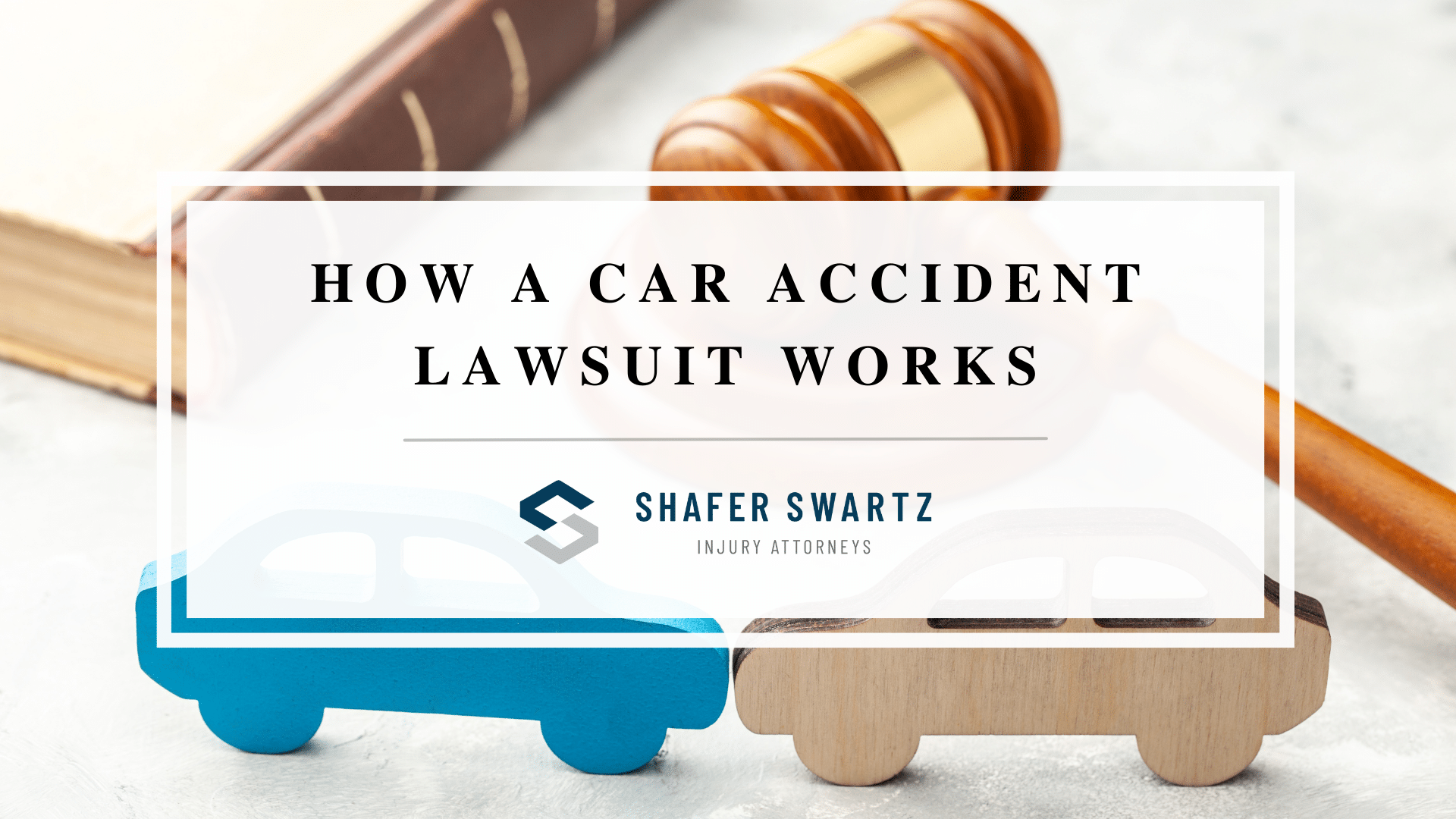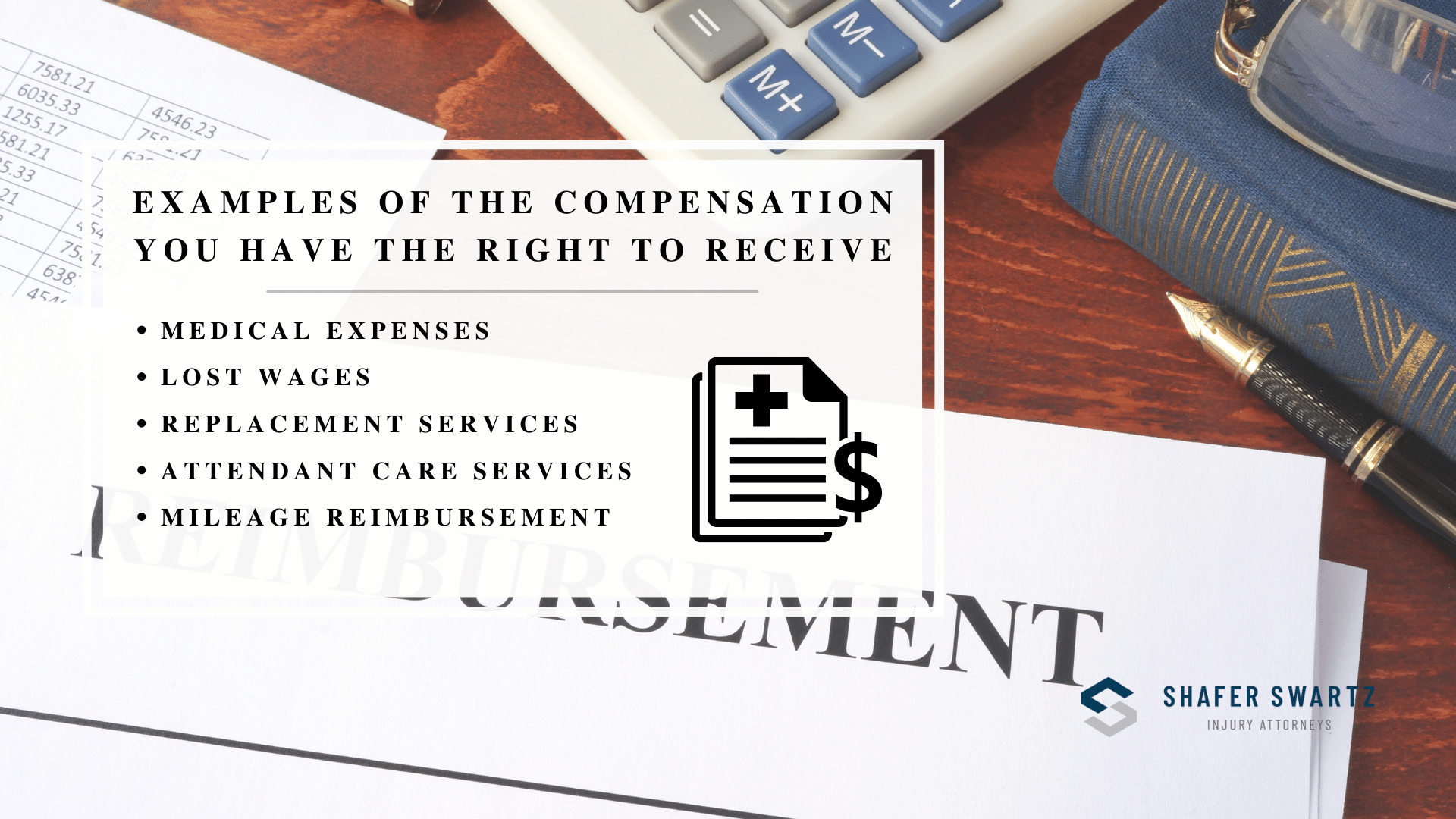If you’re unfamiliar with how car accident lawsuits work in Michigan, here are the main things you need to know:
- Your dispute is with your insurance provider, not the other driver.
- Financial compensation is based on Michigan Law.
- You can receive compensation even if you caused the accident.
- There are exceptions.
If you want to know more, keep reading. I’ll cover these points in greater detail below.
You vs. The Insurance Company
Based on tv shows, you’d think that a personal injury lawsuit would be the injured person vs. the person who caused the injury. Almost none of that is true. For starters, who harmed who, or who was at fault doesn’t necessarily matter. You read that right. You can file a personal injury lawsuit regardless of who was at fault or who caused the accident.
That’s because most of the time the lawsuit is you vs. your insurance company. It’s not about making the other person pay for the damage they caused, it’s about making sure your insurance company pays you all the compensation you are entitled to according to Michigan Law.
Insurance has to pay by law, so who needs an injury attorney or a lawsuit?
Corporations are going to corporation. Their ultimate purpose is to make money for their owners and/or shareholders. That doesn’t make them bad or evil. Frankly, it just makes them human. When’s the last time you volunteered to pay more for your groceries than you had to? Never? When’s the last time you got excited about a discount or sale?
If you don’t know what the insurance company should compensate you for, or if you don’t ask them to reimburse you for an expense, there’s a good chance they aren’t going to go digging for reasons to pay you more.
Your insurance company will offer you a settlement, and if you accept it, they aren’t required to pay you any more. This is where having an attorney who specializes in Injury Law is important. Your injury attorney will know what you should be compensated for, and can advise you on whether or not what you’ve been offered is a fair settlement or not. If you’ve been offered a settlement from an insurance company but you don’t have an attorney representing you, call us. We can review your case and provide you with an initial consultation free of charge.
You’re Entitled To Compensation
Michigan is a “no-fault” state. This means that if you were in a car accident, you are entitled to compensation regardless of who was at fault. Here are examples of the compensation you’re entitled to:
- Medical Expenses
- Lost Wages
- Replacement Services
- Attendant Care Services
- Mileage Reimbursement
In essence, you would add up all of your medical expenses, lost wages, any replacement services you had to pay for (lawn care, snow shoveling, home chores, etc.), attendant care services (depending on your insurance policy), and mileage reimbursement for reasonable travel costs to and from medical facilities.
Click here to learn more about the insurance benefits you’re entitled to.
Can You Sue For Pain and Suffering?
Pain and suffering fall under non-economic damages, which means you’re asking to be compensated for long-term damage to the quality of your life. These are “non-economic damages” because they don’t directly cause you to lose money in the way medical bills or time off work does. For example, when a car accident changes the course of your career as a model due to permanent disfigurement. Or a car accident that causes a college athlete to lose a scholarship because they can no longer place a sport.
The threshold for “pain and suffering” is high. According to Michigan law, it’s serious impairment of body function, permanent and serious disfigurement, or wrongful death.
In these cases, it’s possible that the lawsuit will be against the insurance company of the driver who caused the accident. Unlike what you’ve seen in movies or on TV, compensation for pain and suffering is no gimmick. As state law dictates, it involves serious impairment that is often permanent.


